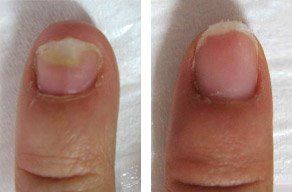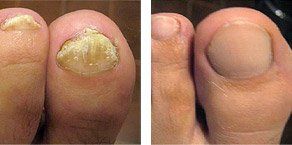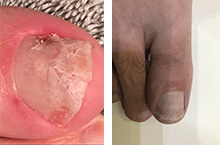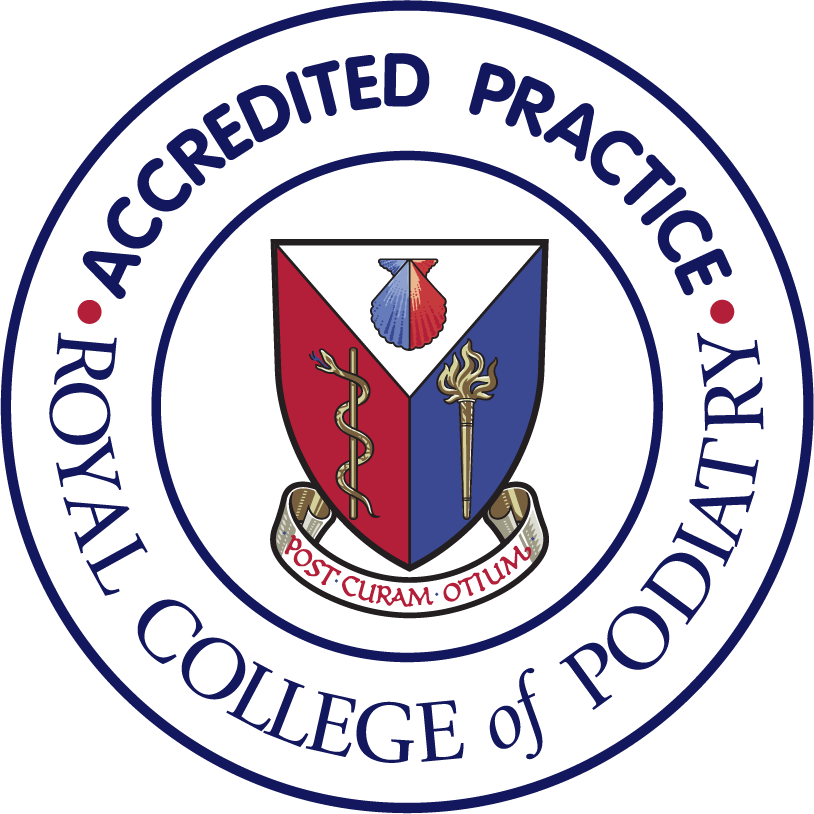Fungal Nail Treatment Oldham, Manchester
Click this link for a FREE Fungal Nail assessment appointment now to assess your hands and feet to formulate the best treatment for your feet. Fungal finger and toenails, also known as onychomycosis, are nails that have been infected by fungi, yeast or even a bacterial element.
This condition often causes the nails to become discoloured, thickened, brittle, and may lead to changes in their texture and shape.
It's a common issue and can affect both toenails and fingernails.
Enquire Now
Fill out the form below and we'll get back to you as soon as possible!
Contact Us
Clearanail
Clearanail creates tiny holes in the nail plate to allow topical treatments to reach the nail bed in a high concentration. This means we can apply terbinafine (the main drug used in tablets to treat fungal nail) topically instead of taking oral medication systemically.
Many patients are opting for this instead of tablets due to concerns about side effects terbinafine tablets can have necessitating regular liver function tests. Results using this system are usually visible within 2-8 weeks.
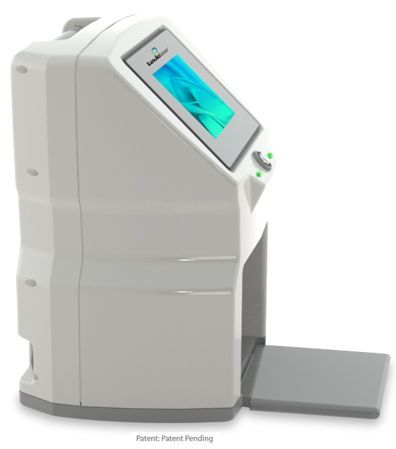
Lunula Laser®
Lunula Laser® is a revolutionary low-level laser therapy for people suffering from painful, discoloured and disfigured toenails associated with nail fungus. It is FDA approved and targets fungus that lives in and under the toenail. The laser light passes through the nail without causing damage to it or the surrounding skin.
Unlike other treatments, Lunula Laser® has no known side effects, pain, or downtime and is the easy, convenient way to experience healthy, clear nails again. In fact, as little as 4 12-minute sessions are needed to treat the affected area. Unlike other laser systems such as Fotona and K.Laser there is no plume of smoke to breathe in and the treatment is completely painless.
It's important to consult a podiatrist, to determine the most suitable treatment for your specific case. We can consider factors such as the extent of the infection, your medical history, and any potential interactions with other medications you might be taking.
Please note that in moderate to severe cases we will need to apply a Urea ointment before laser to remove as much diseased nail as possible.
Surgery
In severe cases we can perform a simple operation to remove the fungal nail and let it grow back again. This ‘belt and braces’ approach is often followed up with a treatment to strip the fungal disease from the nail bed and then utilising Lunula laser to speed up nail growth and suppress any reinfection.
FAQ's
Frequently asked questions for those looking to treat a fungal nail infection.


